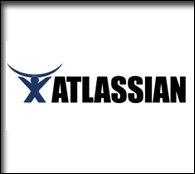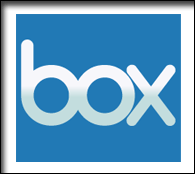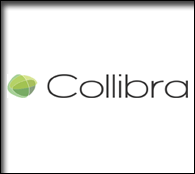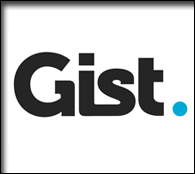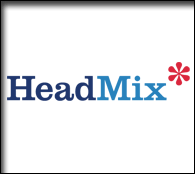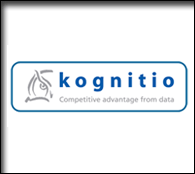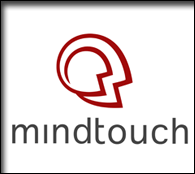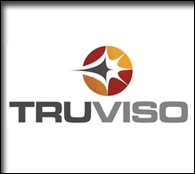Defrag: A Beginning
by Eric Norlin on Jun.20, 2010, under Uncategorized
To “defrag” (or defragment) is to move disparate bits closer together, so as to create a more contiguous grouping of data. In computer terms, it leads to more efficiency and a cleaner file system. At its core, it’s all about data (okay, technically, 1’s and 0’s - but call it data).
The first time I ever thought of naming a conference “Defrag,” I was at the inaugural SaaScon (an event I created back in…uhhh…2006, 2007?). It was an “aha moment” - me sitting in a keynote, daydreaming about a new conference, and (bam!), I should call it “Defrag.” “Yea, that just sounds cool.”
A few weeks (or maybe it was months, but for our story’s purpose - weeks) later, I’m reading a Brad Feld blog post about “intelligence amplification” (as Brad admitted, a bad name). Essentially, the idea that we have so much “data” that we need tools to help us turn it into “information” - and the more use-able the better (and the more implicit the operation, the better).
The formation of Defrag (the conference) ensued.
From inception, Defrag was never tied (at least not in my mind) to some “sub-industry niche” like “enterprise 2.0″ or “the semantic web” or “business intelligence” or “social media.” Which isn’t to say that we haven’t embraced all of those niches. We certainly have (enthusiastically). But I think we’ve tried to maintain the position that Defrag is about data (in its largest sense).
Bottom-line: There’s an exponential increase in the amount and velocity of data that we’re dealing with — as individuals, groups and organizations. And most of the technologies we’re implementing are actually increasing that amount and velocity of data. Defrag is about that. It’s about how we derive useable information from it (intelligence/analytics), how we collaborate around it (enterprise 2.0), how we structure the unstructured components (semantic web), how we relate to the data being created “outside” of us (social media), and a whole bunch of other “how’s.”
I’d like to think that this focus (a meta-meta focus) has helped shaped the kind of conference Defrag is — conversational, “strategic,” forward-looking.
In the next two or three posts, I’ll look to elaborate on what that means topically and format-wise for Defrag 2010.
